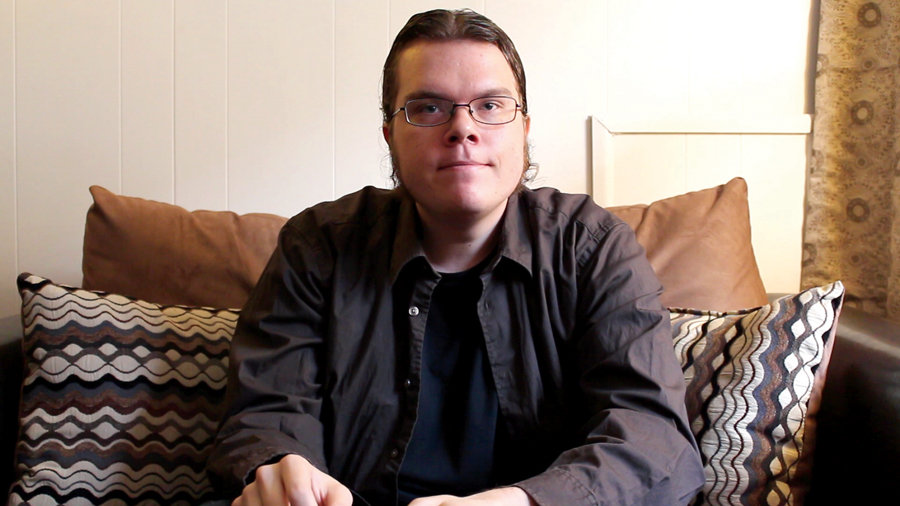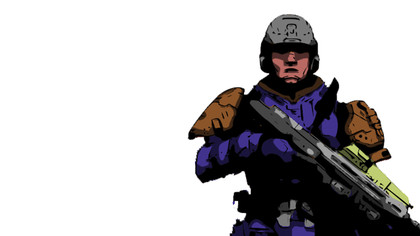How the Liberated Pixel Cup changed gaming on Linux
Inside the competition for the best free Linux games

Humans may be the most creative species on the planet, but we spend a lot of time doing tedious things.
Look at the internet: it's a revolutionary and disruptive technology, with the potential to change education, governments and scientific research, yet most people use it to post comments on YouTube videos of mobile phones being unboxed.
Here in the free software world, we're familiar with the collaboration opportunities that the internet brings, and many great applications have been developed by teams of programmers around the globe.
But desktop and server applications aren't the most exciting things in the world. Wouldn't it be great if all the untapped creativity of humans on the internet could be funnelled into making artistic things, such as video games?
If you've followed the Hot Games section of HotPicks over the years, you'll have discovered a few notable projects involving multiple contributors; the vast majority, however, are one-man efforts. And part of the problem is this: a developer may come up with a brilliant idea for a game, but lack the artistic flair to make it look good.
Or, conversely, a budding artist may love designing graphics for his/her ideal RPG, yet doesn't possess the technical nous to make it a playable reality.
We've seen loads of promising games let down by inadequate artwork, and heard from designers who'd love to contribute to an open source game, but don't know where to start or who to speak to.
Sign up for breaking news, reviews, opinion, top tech deals, and more.
This is where the Liberated Pixel Cup comes in. The LPC project aims to build an extensive resource of free (as in freedom) video game artwork for programmers to use. But it's more ambitious than a generic sharing system: using development phases, targets, deadlines and ratings, the LPC team have ensured that games get made, and it doesn't become a hypothetical exercise.
There are now a bunch of great-looking, professional-level games for Linux - and they're totally free software.
An epic contest for gaming freedom

OpenGameArt is a busy website that has been running since 2009, serving as a repository of user-submitted game graphics and music, along with a forum where programmers can request specific types of artwork. Earlier this year, Bart Kelsey, who runs the site, teamed up with Chris Webber of the Creative Commons, and together they fleshed out the LPC concept.
They wanted to create a fast-paced competition, whereby artists around the internet would generate as much graphic content as possible in a one-month period, and then in the following month developers would write games based on that artwork.
A core principle of the LPC is that all content is free as in freedom - that is, the graphics must be submitted under the Creative Commons BY-SA licence, which lets anyone share and modify the resources, as long as they provide attribution to the original author and share only under equally permissive licences.
Code, meanwhile, had to be under the terms of the GPL. With these requirements, the Free Software Foundation was happy to get on board and lend its support as well.
Kelsey and Webber wanted to award cash prizes for the best entries, so they set up a fundraiser; at the time of writing, it had raked in an impressive $12,256, slightly exceeding the original goal.
Then, the next step was to set up a style guide for the artwork. What sort of games should the LPC focus on? It would have been easy to let anything go, and open up the contest to all sorts of genres and artistic styles, but then it would be incredibly difficult to fit content from different authors together.
Imagine if you were trying to write a game using multiple graphics sources, and they all had different sizes, perspectives and lighting effects - it'd be a horrible mess.